If there’s one beauty concern that’s gained traction over the past year, aside from maskne, then it definitely has to be hair loss. While you may think that you’re the only one who has had to deal with extra shedding, as Google trends reveal, searches for hair loss have continued to peak in the past few months. So, why do we all seem to be losing our hair, and is it one of the effects of the coronavirus?
Hair Loss During A Pandemic
Now, before we get into it, we should remind you that hair loss is actually normal. In fact, we shed about 50 to 100 strands of hair each day. Hair loss becomes a concern when you start to lose more than this, especially if your locks start coming out in clumps. If this happens, then you certainly have something to worry about, and you need to start taking your hair care seriously.
Stress and hair loss
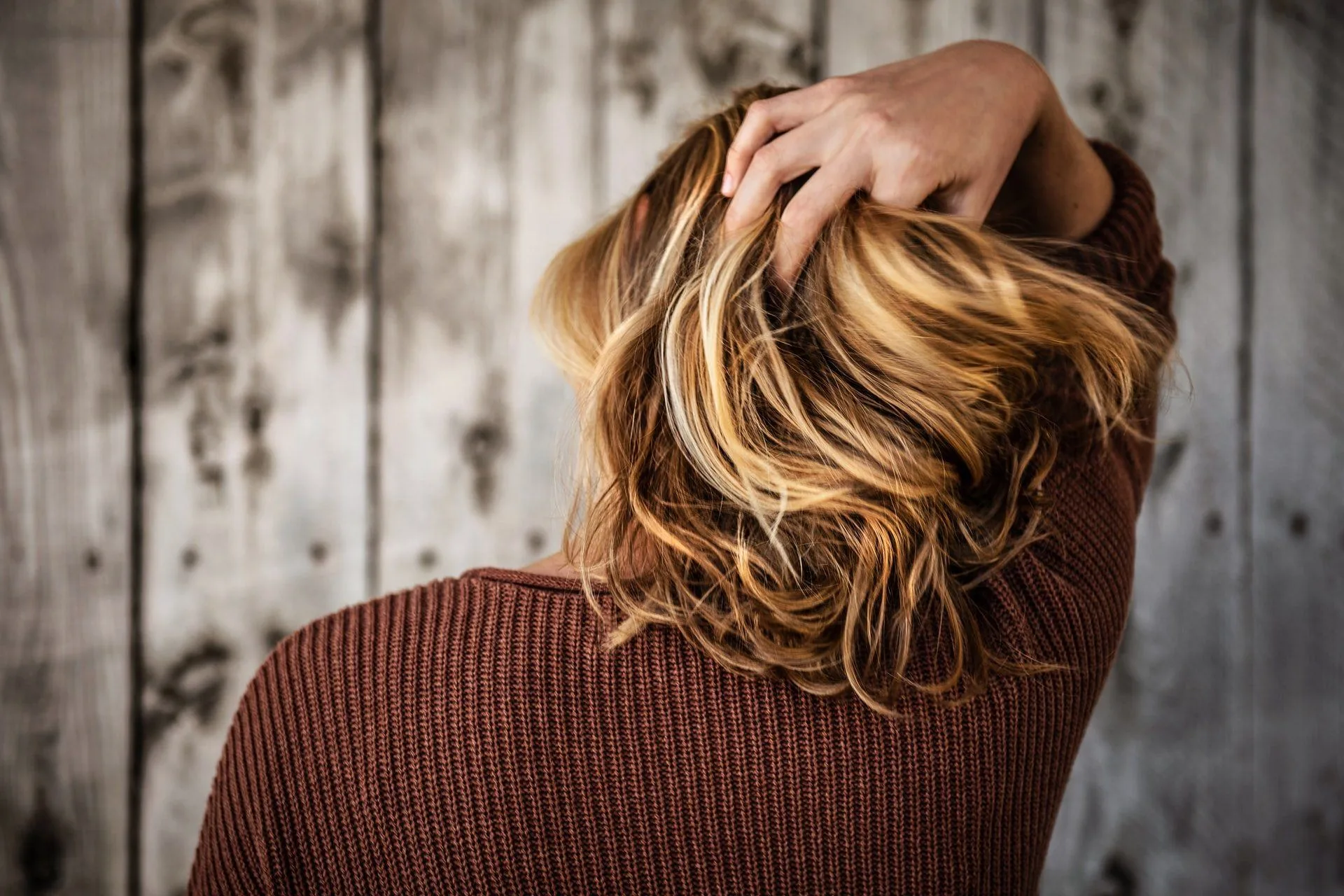
Photo by Tim Mossholder on Unsplash
It’s been a stressful few months, to say the least. Unfortunately, when we’re stressed we tend to engage in unhealthy behavior like not sleeping, drinking excessively as well as eating foods that aren’t great for us. All of these factors can contribute to unhealthy hair. However, did you know that when you’re under duress, you don’t start to experience hair loss immediately?
In fact, when you’re going through a stressful time, you only experience hair loss related to this period of your life a few months later. This may explain why some of us are only starting to experience hair loss. So, how does this happen?
The cycle of hair loss
Hair growth occurs in three cycles – anagen, the growing phase; catagen, the transition phase, and telogen, the resting phase. The telogen phase is divided into two, with the other called the exogen phase, which is the phase where we shed old hair and new hair takes its place.
Stress-related hair loss is known as telogen effluvium because it is triggered by the abrupt shift from the growing phase to the telogen phase, which lasts for 3-4 months. This is why you only notice excessive hair loss months later.
Can COVID-19 cause hair loss?
Perhaps not directly, but the thought of testing positive for a virus that caused the world to come to a standstill is sure to leave you and your body stressed out. As mentioned, high stress levels is never good for your health, or that of your hair.
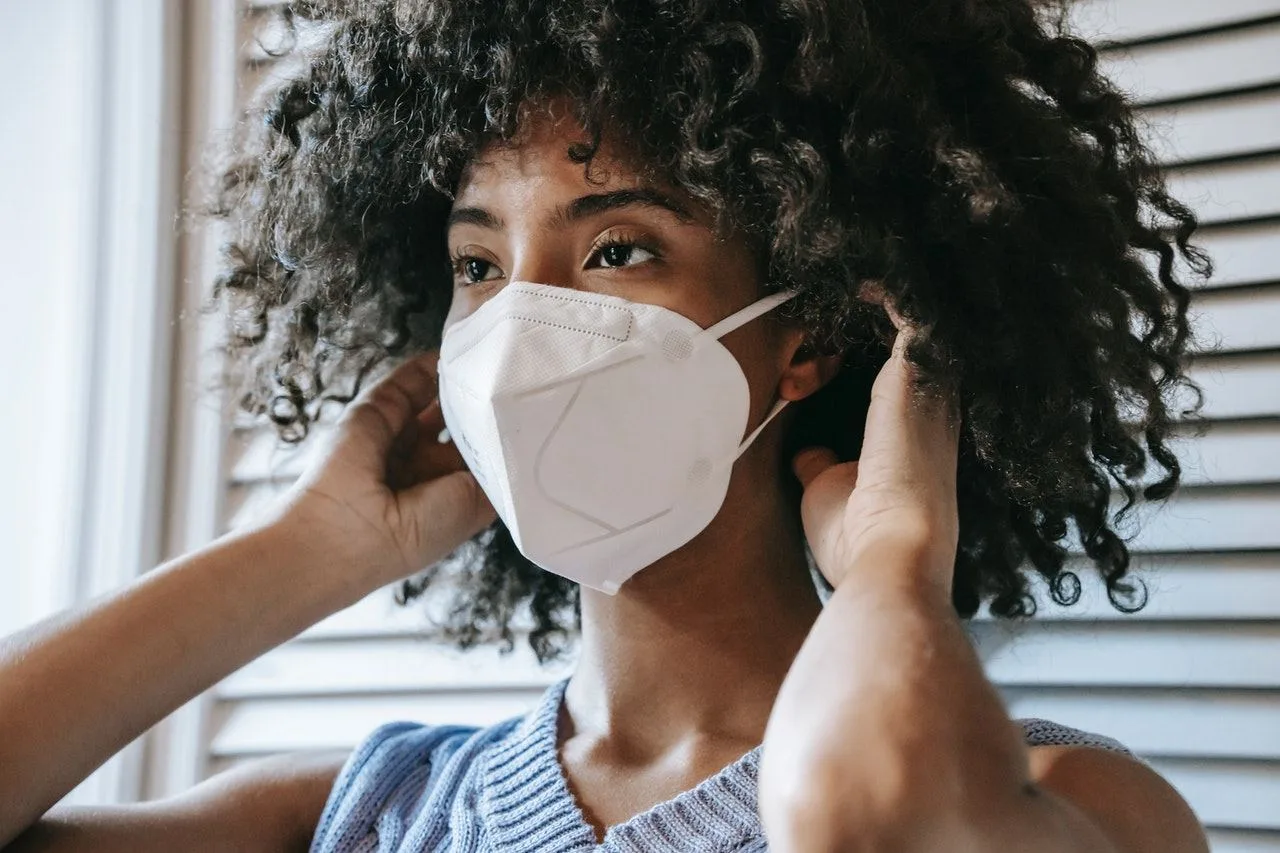
Photo by Sora Shimazaki from Pexels
That said, there has been some research that indicates that COVID-19 and hair loss might be linked. A study published in Open Forum Infectious Diseases examined the late-onset symptoms of COVID-19. Out of the 58 participants involved in the study, 14 reported hair loss.
A more recent study published in The Lancet also examined the long-term consequences of a COVID-19 infection in people who were hospitalized, six months after their infection. According to the study, 22% of patients reportedly experienced hair loss.
However, further investigation on the topic is needed as research is limited.
How can I manage pandemic hair loss?
Eat better
Your locks are what you eat, so you might want to start eating better. We recommend an anti-inflammatory diet that’s low in sugar, processed fats, and alcohol and high in foods perfect for your hair.
Vitamins B6, B12, biotin, omega fatty acids, and folic acid are important for hair growth. These nutrients can be found in fish such as salmon, leafy green vegetables, legumes as well as nuts and seeds.
Additionally, we’d also recommend indulging in foods that can help manage your stress levels. These include dark chocolate, chamomile tea, fatty fish, and turmeric.
Try NIOXIN
Former Charmed actress Alyssa Milano shared a shocking video last year when she revealed how she was still dealing with hair loss after having tested positive for COVID-19 antibodies.
To address her hair loss, Milano turned to her trusted hairstylist Linh Nguyen.
“I told Alyssa, stop brushing your hair, we’re sending you Nioxin treatments right away,” Nguyen told PEOPLE. Nguyen shares that he sent the Who’s The Boss actress a full Nioxin regimen and the results were exactly what they had hoped for,
“The best text I got this week was Alyssa saying her hair is doing much better, and she’s continuing the Nioxin regimen,” Nguyen said. “Her hair feels thicker, and she’s happy with the results.”
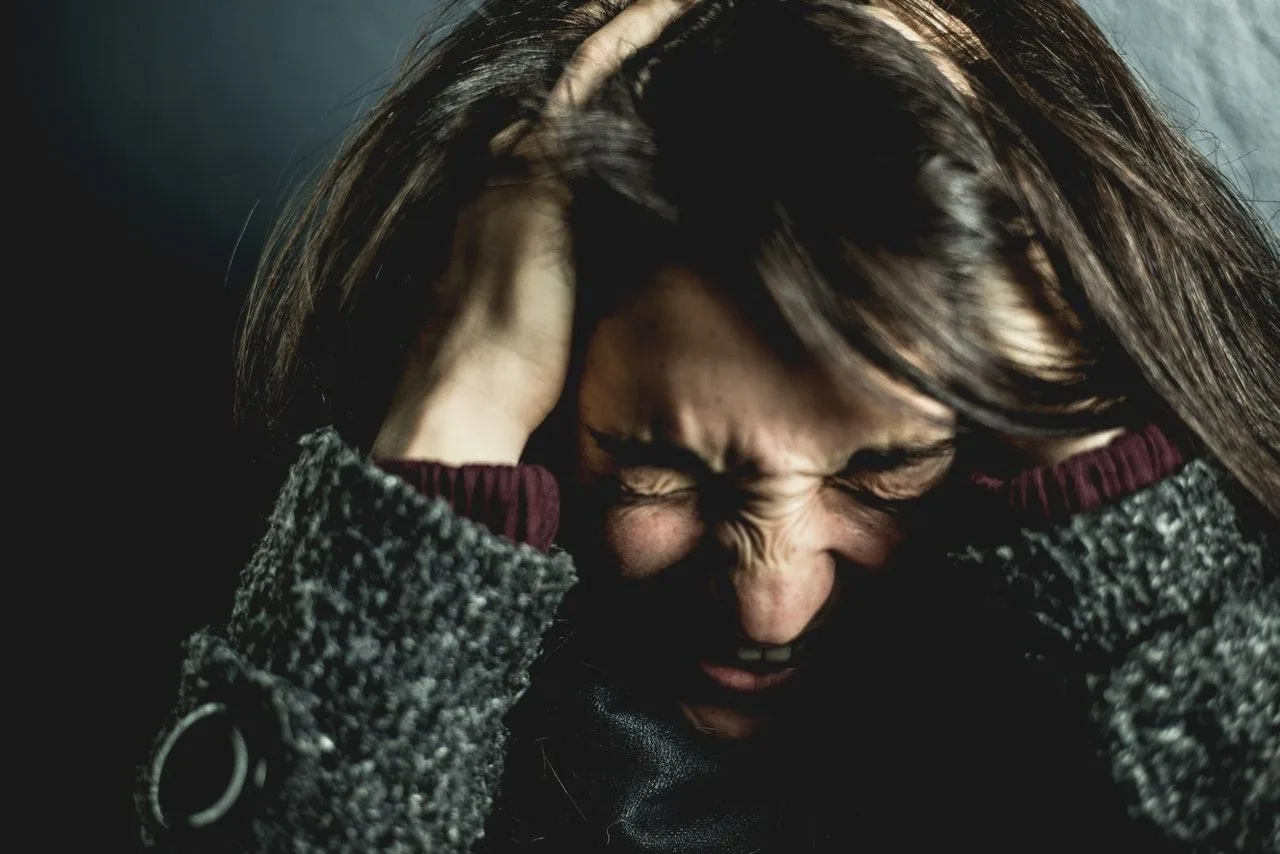
Photo by David Garrison from Pexels
Manage stress
Managing your stress levels is the best way to prevent any future excess shedding. So, how do you manage your stress levels during one of the most mentally taxing times in recent history?
We suggest that you try meditation, CBD oil, journaling, gardening, dancing as well as reaching out to someone if you feel that you can’t cope.
Want to know more?
While holistic methods are a great way to address hair loss, there have been plenty of medical advancements when it comes to hair loss and baldness. From platelet-rich plasma therapy to Botox, here’s everything you need to know about non-invasive baldness prevention options.
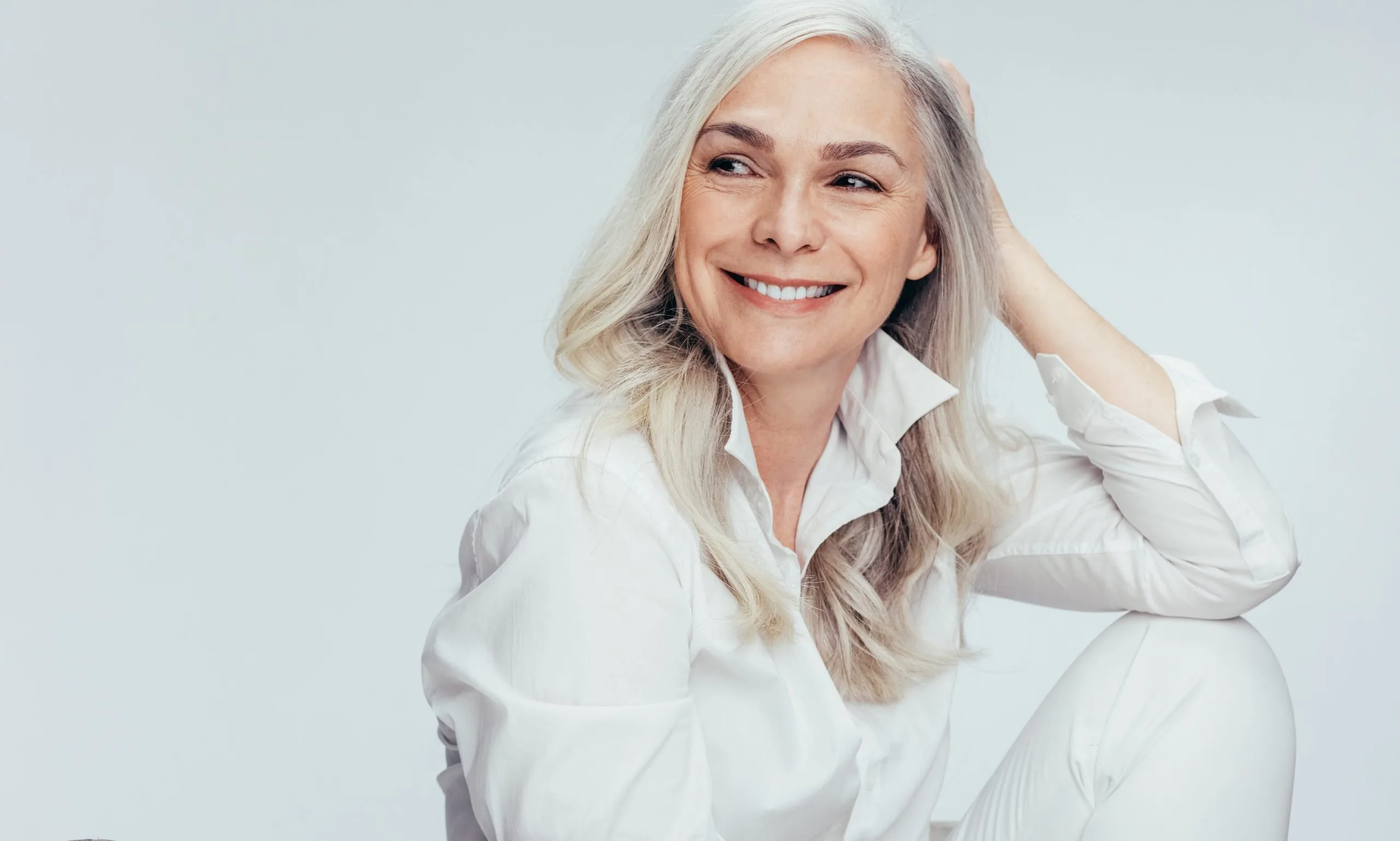
Jacob Lund/Shutterstock
References
Huang, C., Huang, L., Wang, Y., Li, X., et al. (2021). 6-month consequences of COVID-19 in patients discharged from hospital: a cohort study. Lancet (London, England), 397(10270), 220–232. https://doi.org/10.1016/S0140-6736(20)32656-8
Miyazato, Y., Morioka, S., Tsuzuki, S., Akashi, M.,et al. (2020). Prolonged and Late-Onset Symptoms of Coronavirus Disease 2019. Open forum infectious diseases, 7(11), ofaa507. https://doi.org/10.1093/ofid/ofaa507


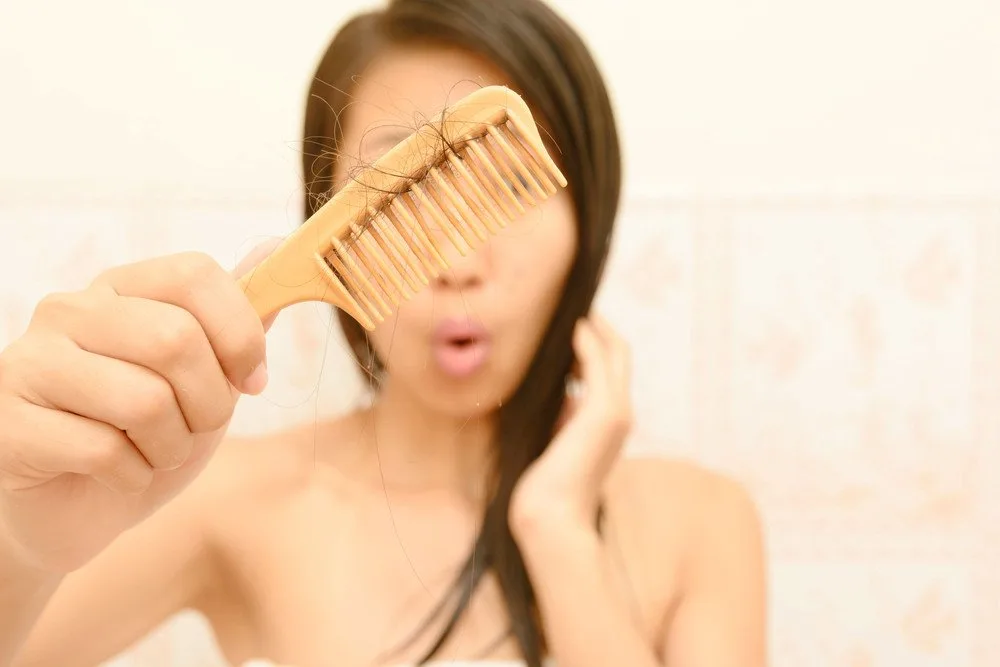
![women [longevity live]](https://longevitylive.com/wp-content/uploads/2020/01/photo-of-women-walking-down-the-street-1116984-100x100.jpg)










